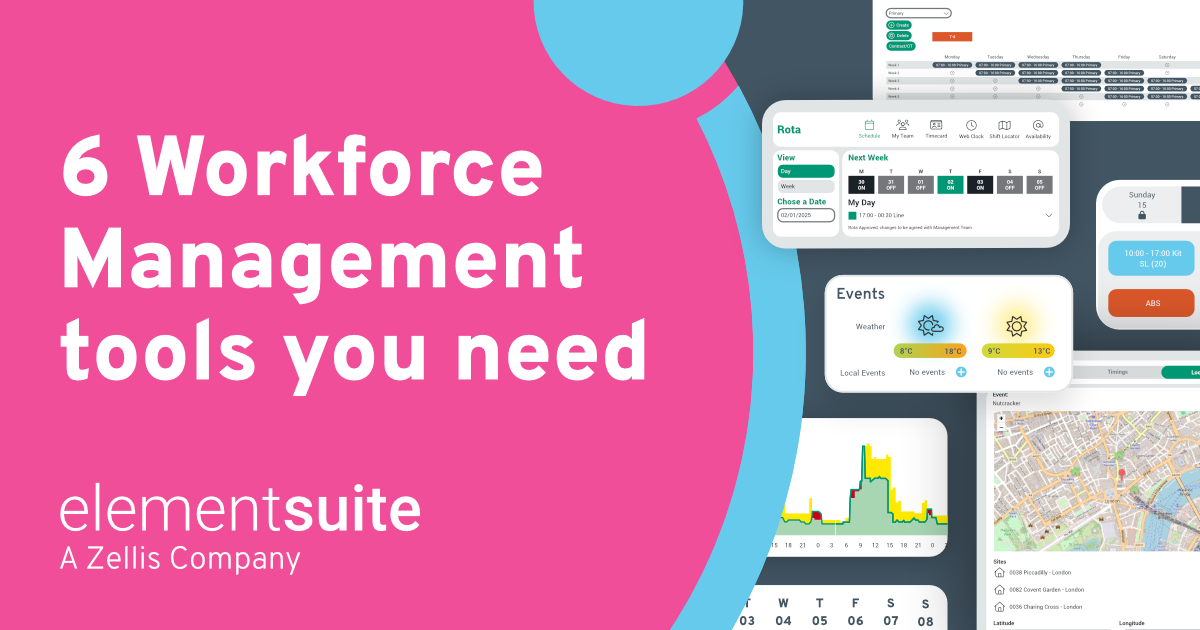The retail sector continues to experience turbulent times. Whether it’s the Great Resignation, The Perfect Storm, the dash for talent or rapid digital transformation, the sector continues to face a unique set of challenges that HR professionals need to address.
The COVID-19 pandemic has upended every industry in some way, but retail is one that’s been hit hardest. The pandemic has also reminded retailers, just how essential retail workers are, regardless of the technology they have adopted. Stores don’t open without the right workers in place to operate them. And almost all retailers (94%) are worried about staff shortages.
With operations scaled back, pivoting business models, and the shifting shopping habits of consumers who have made the move to on-line shopping, e-commerce is no longer the differentiator for retailers.
Alongside every retail technology is a retail worker
Retailers, still need workers to operate their businesses regardless of the technology they use from e-commerce to point of sale and inventory management. Retail HR professionals must continue to attract and retain the talent they need and balance the employee experience alongside operational efficiency gains made from technology.
The new possible for retail HR is getting the right balance of tech and talent.
1. Staff shortages
The British Retail consortium suggests that retail job numbers are depressed due to low footfall and the rising number vacant stores. There is also competition for jobs from the hospitality sector and the legacy impact of Brexit.
With low people movement in the UK and a sector that’s historically relied heavily on EU nationals, there are ongoing staff shortages. Consequently, winning the talent race is essential. So whats possible when there isn’t a silver bullet. This is when the use of technology makes recruitment faster, efficient but not at the expense of human interaction that ensures you get the right talent. Using tech to do the heavy lifting will deliver dividends in terms of overcoming staff shortages
- Decrease the time spent recruiting
- Reduce the financial costs of hiring
- Reduced cost of onboarding and training new employees
- Increased efficiency across the onboarding processes, enabling new staff to be fully contributing members of the team, faster
- Training efficiencies. Increasing the pace of training and reducing the number of poorly trained staff. Enable self-driven, personalise learning and training that works
2. Flexible working
In retail its not so easy to get flexible working right, but retailers need flexibility in the operating model. The new possible makes it easy to offer their workers more flexibility with tools that enable shift swap, select shift availability to suit the employee and the employer. Manually created staff rotas are inflexible but smarter, faster, real time scheduling supports flexibility for workers to choose what works for them and take more control. A well-designed, flexible workforce management will go a long way to unblocking staff frustration, and directly improve staff retention rates.
3. Transparency and self-service
Deskless staff, shift staff and front-line retail staff often feel excluded in a retail business. Often it’s the lack of transparency, easy communication and short notice of forthcoming shifts and changes that will quickly disengage staff.
Adding employee self-service empowers your staff, giving them access to the information they need at any time on any device. Not longer will they feel left out. This puts more control in the hands of retail staff, which leads to greater empowerment and improve engagement across the business.
A retail workforce is often fragmented across multiple sites. They’re often working different shifts and often includes hourly paid staff who do not have company emails. HR self-service enables immediate transparency for staff. They can conduct HR admin tasks, learn about the company, check policies and guidelines and access payslips and absence requests when they want to.
4. The best employee experiences
All employees are different. All with their own personal circumstances, motivations and needs for what constitutes an engaging environment for them. But retailers need to deliver the best employee experience they possibly can.
Technologies can deliver a range of positive outcomes for workers, from freeing them from repetitive tasks to selecting their preferred shifts. Technologies that free staff to interact and focus on delivering a greater customer experience is good for business. And its great for employee experience too.
Creating an positive employee experience every step of the way and working harder to listen to their people, using technology to create great employee experiences is what’s needed.
5. Learning at the point of need
Staff are more willing and engaged to act and solve issues the moment they happen. Humans solve problems without thinking. How often do we turn to google to seek out an answer or solution to a problem? Or ask Alexa? These are both really good examples of learning at the point of need.
This application of technology empowers staff to take ownership of their learning, have more control and thus increase motivation, commitment and speed of learning. An individual learning path with associated self-assessment, can deliver significantly better results for the individual as well as a more engage employee.
6. Future proof
If nothing else, we’ve learnt that change is constant for retailers, with ongoing change and uncertainty. Retailers need to tackle the issues of health and wellness, business resilience, flexible working, staff engagement, talent acquisition and retention, and the ongoing legislative headaches. HR is front and centre to create an agile environment that easily support change and resilience. HR software is the only way to build a nimble, agile way to future-proof human resources.




